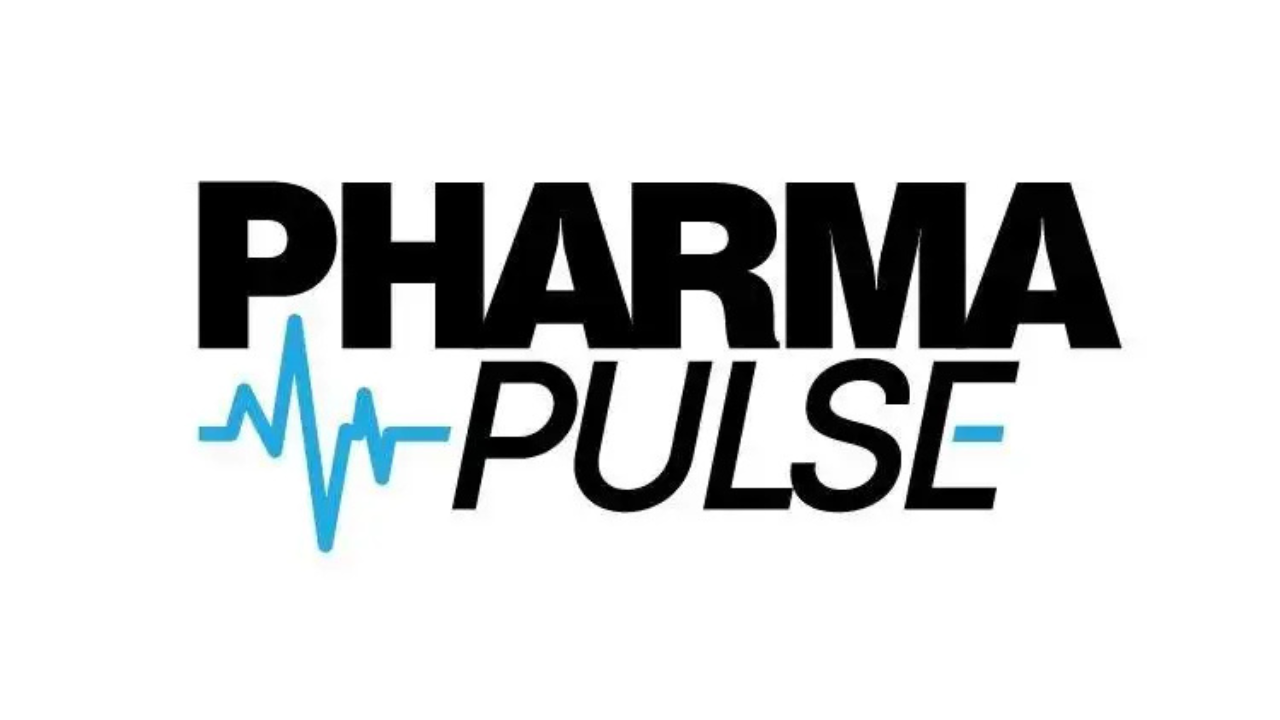
Five new members have been added to the controversial Advisory Committee on Immunization Practices (ACIP), ahead of a meeting later this week that could have a big impact on routine childhood immunisations.
Health and Human Services (HHS) Secretary Robert F Kennedy Jr is adding more vaccine-sceptic members to the panel, which has already been criticised for pushing a vaccine policy more grounded in ideology than science.
The new faces – Catherine Stein of Case Western Reserve University, Evelyn Griffin of Baton Rouge General Hospital, Hillary Blackburn of pharmacy group Ascension Rx, Kirk Milhoan of For Hearts and Souls Free Medical Clinic, and transplant specialist Raymond Pollak – include some figures whose views have been aligned with Kennedy’s own vaccine scepticism, particularly in the area of COVID-19 shots.
Stein is on record for claiming COVID-19 deaths and hospitalisation numbers have been inflated, for example, while Griffin lobbied against the inclusion of COVID-19 in school immunisation schedules, and Milhoan is a member of an organisation – the anti-mRNA Independent Medical Alliance – that claims vaccines based on this technology do more harm than good. The views of Blackburn and Pollak on vaccines are not yet clear.
They join the seven current members of the ACIP, which is due to meet on the 18th and 19th of September to make recommendations on the use of hepatitis B virus (HBV), measles, mumps, rubella, and varicella (MMRV), and COVID-19 vaccines. ACIP recommendations are often used to determine insurance coverage for vaccines in the US.
Kennedy handpicked the current roster after he canned all the former ACIP members in June. Since then, leading medical organisations that have expressed reservations about Kennedy’s tenure – including the American Medical Association (AMA) – have been barred from joining ACIP workgroups.
The decisions will be closely scrutinised for further signs of anti-vaccine thinking creeping into the HHS under Kennedy, who is facing calls to step down amid accusations of mismanagement of the HHS and the federal agencies under its purview, and lying under oath in front of Congress on his intentions for vaccine policy.
The meeting was announced last month on the day after CDC director Susan Monarez was fired. She has since accused Kennedy in a Wall Street Journal editorial of ordering her to pre-approve ACIP’s vaccine recommendations, which he denies, claiming she was let go after refusing to fire people under her at the CDC.
There has already been discussion among HHS and ACIP figures ahead of the meeting that the HBV vaccine shouldn’t be used routinely in the childhood vaccination schedule, that the MMRV vaccine should not be recommended over regular MMR, and that further restrictions may be placed on COVID-19 vaccine access. So far, the proposed recommendations have not been disclosed in the draft agenda (PDF).
The Washington Post reported last week that there will be a presentation claiming a link between COVID-19 vaccines and 25 deaths in children at the ACIP meeting, alarming researchers who say the shots have been extensively studied and the risk is low compared to the virus itself.
At the last meeting in June, the committee voted to recommend the removal of a vaccine preservative that has become a focal point for activists trying to link vaccines to autism.
It is not clear whether the new panellists will attend the meeting this week, as usual ACIP practice calls for a review of potential conflicts of interest and credentials that can take up to three months.










